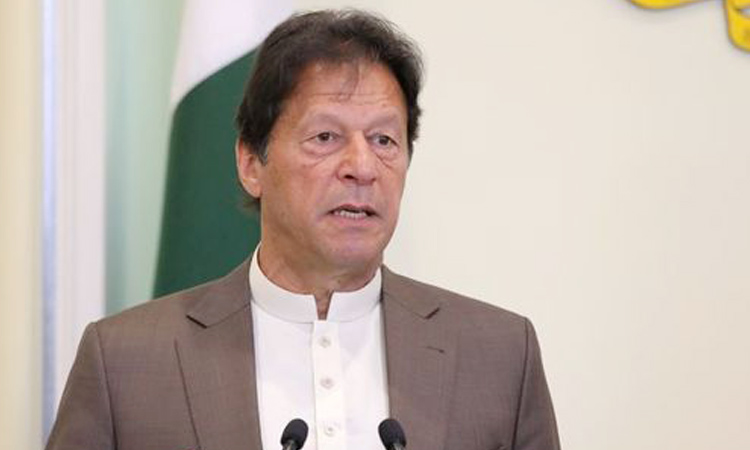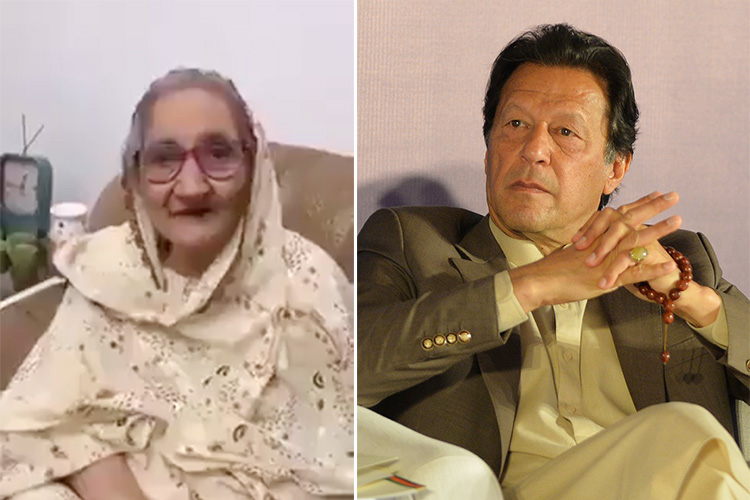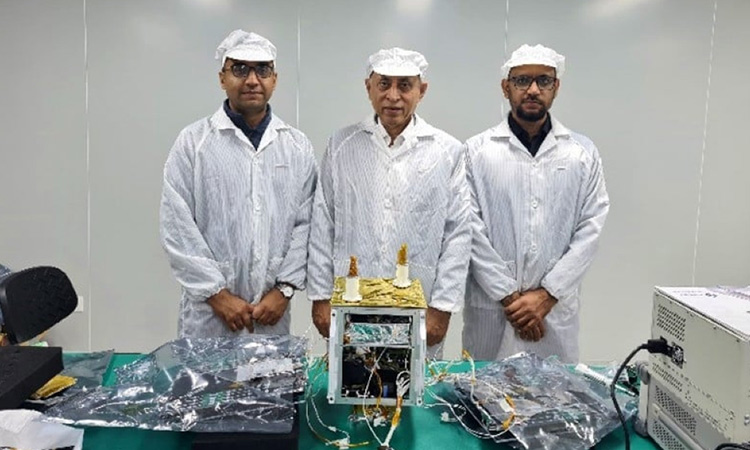Ex-PM of Pakistan Imran Khan’s article in The Economist sparks row

Former prime minister and Pakistan Tehreek-e-Insaf founder chairman Imran Khan speaks during an event. File photo
Confusion persists over whether an article written by incarcerated former prime minister and Pakistan Tehreek-e-Insaf (PTI) founder chairman Imran Khan, which was published in The Economist, was a ghost piece or was actually authored by him.
According to a report, PTI Information Secretary Raoof Hasan claims the “letter” [article] was written by the former premier himself.
While Punjab’s jail authorities are investigating the matter, the real question is: do Pakistan’s prison rules allow an inmate to write a letter or article to any publication (national or international)? Can a prisoner be actively involved in politics while in jail? What do the Pakistan Prison Rules 1978 say about the rights of prisoners, their involvement in politics, or if they can write to or for a foreign publication?
Caretaker Federal Minister for Information and Broadcasting Murtaza Solangi said that Adiala Jail Rawalpindi comes under the Punjab government’s jurisdiction, and as such the provincial government must be investigating this matter.
Saying that he believes this was a “ghost article,” the minister added that the federal government will approach The Economist and write to it that if Imran sent an article/letter following due process and the jail manual then it is publishable. “But according to my information, Imran hasn’t written any such article, and the foreign publication has misled its readers.”
Raoof Hasan said that the letter was not a ghost piece and had been written by Imran, and claimed no one from the current political leadership, whether Nawaz Sharif or Asif Ali Zardari, matches Imran’s intellect.
Rule 265 of Pakistan Prison Rules 1978 says, “Superior class prisoners shall be allowed to write one letter and have one-interview weekly. Both the letter and interview are interchangeable. On urgent occasions such as death or serious illness in a prisoner’s family, this rule may be relaxed at the discretion of the superintendent. The number of persons who may visit a prisoner at any given time should be limited to six.”
The same rules also prohibit inmates from politics: “The discussion of political matters shall not be allowed at these interviews. The subject matter of all letters shall be strictly limited to private affairs and shall not contain any reference to prison administration and discipline, other prisoners or politics. Publications of matters discussed at interview or of the substance of letters received from prisoners shall entail the withdrawal or curtailment of this privilege.”







